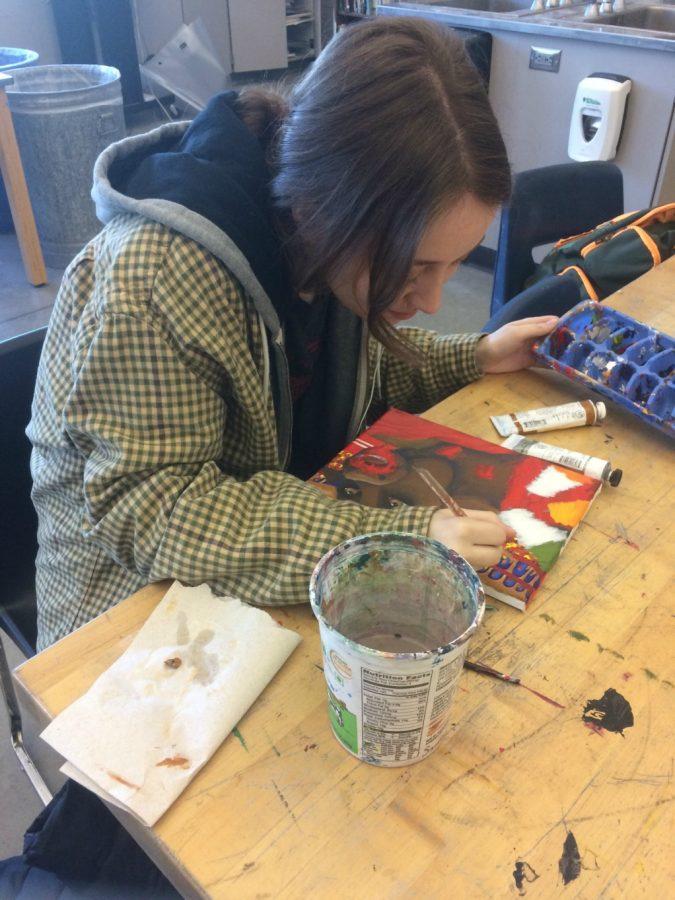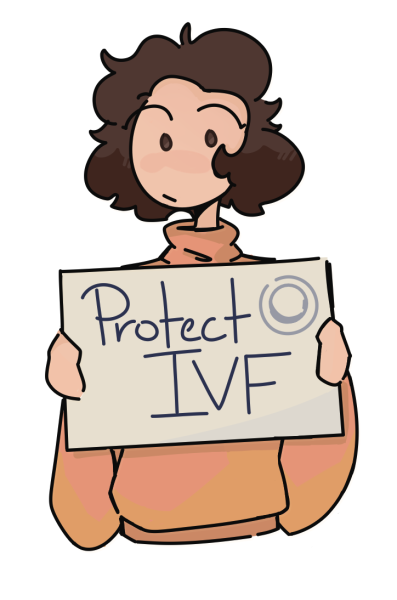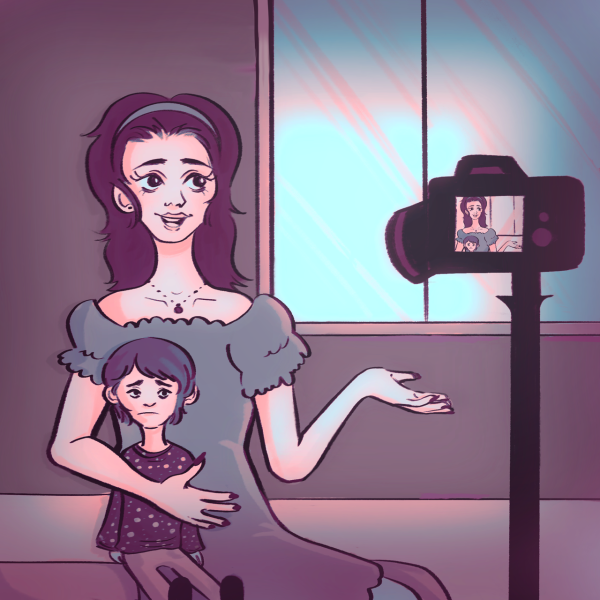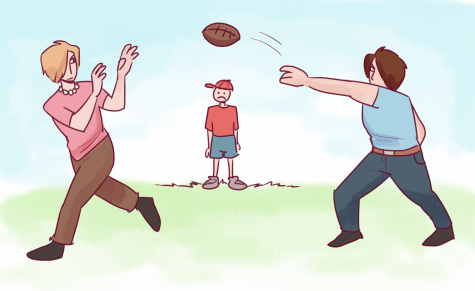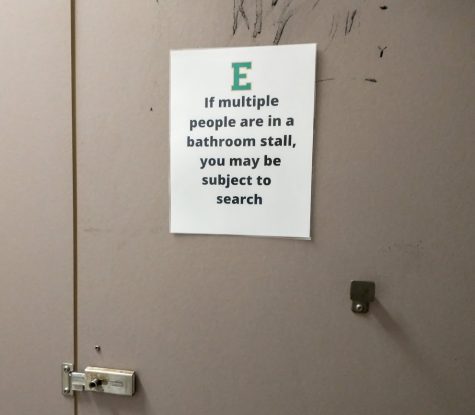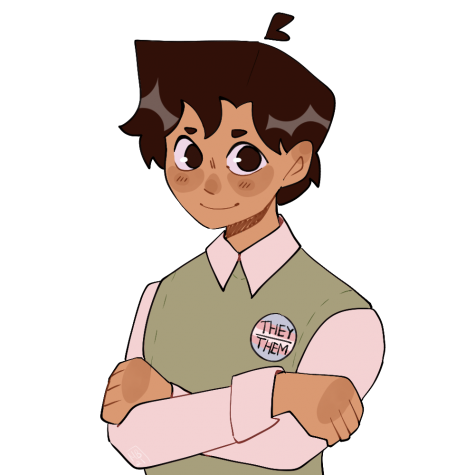Art Education
EHS artist Kate Ford
December 15, 2016
“Why am I so unlucky?” “How come my siblings are gifted with skills that actually matter while I’m stuck with something seemingly irrelevant?” “If no one ever views my abilities as practical then how can I make an impact?” As an artist, questions like these nag at me all the time. They surround and lash at my thoughts until my only talent transforms into my greatest insecurity.
As of right now, drawing, painting, photography, and all things in between are my forte, but none of that seems to matter. In society, art is seen as superfluous.. Many see it as completely unnecessary to human progress. After all, economic advancement is based solely on equations and engineering, not meager paintings.
In school, math and science are prioritized, which I understand to a certain degree. If humanity is to improve and create new technology, these are the courses we need. However, visual art, music, dance, among many creative disciplines others ranked on the bottom of the educational system, teach us how to be creative. These subjects help contribute to our society in the exact same degree. They persuade us to find more than one solution and encourage us to think outside the box.
By favoring some subjects over others, we are disciplining kids on what they should and shouldn’t like and who they should and shouldn’t be. For example, when I was a little girl I dreamed of being an artist. Unfortunately, as I grew older that dream died. It died because of the countless times I was told that drawing and photography will get me absolutely nowhere.
This self doubt is what society brainwashes children into believing every single day. It tells them that their talents aren’t worth it. It makes young people feel that if they don’t get “A”s in these math or in science, that they aren’t intelligent and won’t be successful in the long run.
Furthermore, society ranks intelligence based on test scores, specifically math, reading, and science test scores. These “core” subjects are on every standardized test in America. Our abilities are turned into numbers, not only numbers that make us view each other as competition, but numbers that include only four subjects: English, Math, Reading, and Science.
School works to educate us, but it educates us in a very narrow fashion. It searches for a certain resource and drills for anything it deems more useful in the hierarchy of the educational system. Our school will see what it wants and when it tosses aside our likes and dislikes, it also throws out our freedom of choice.

